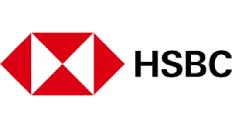4 migrants give their must-do tips for moving to Australia
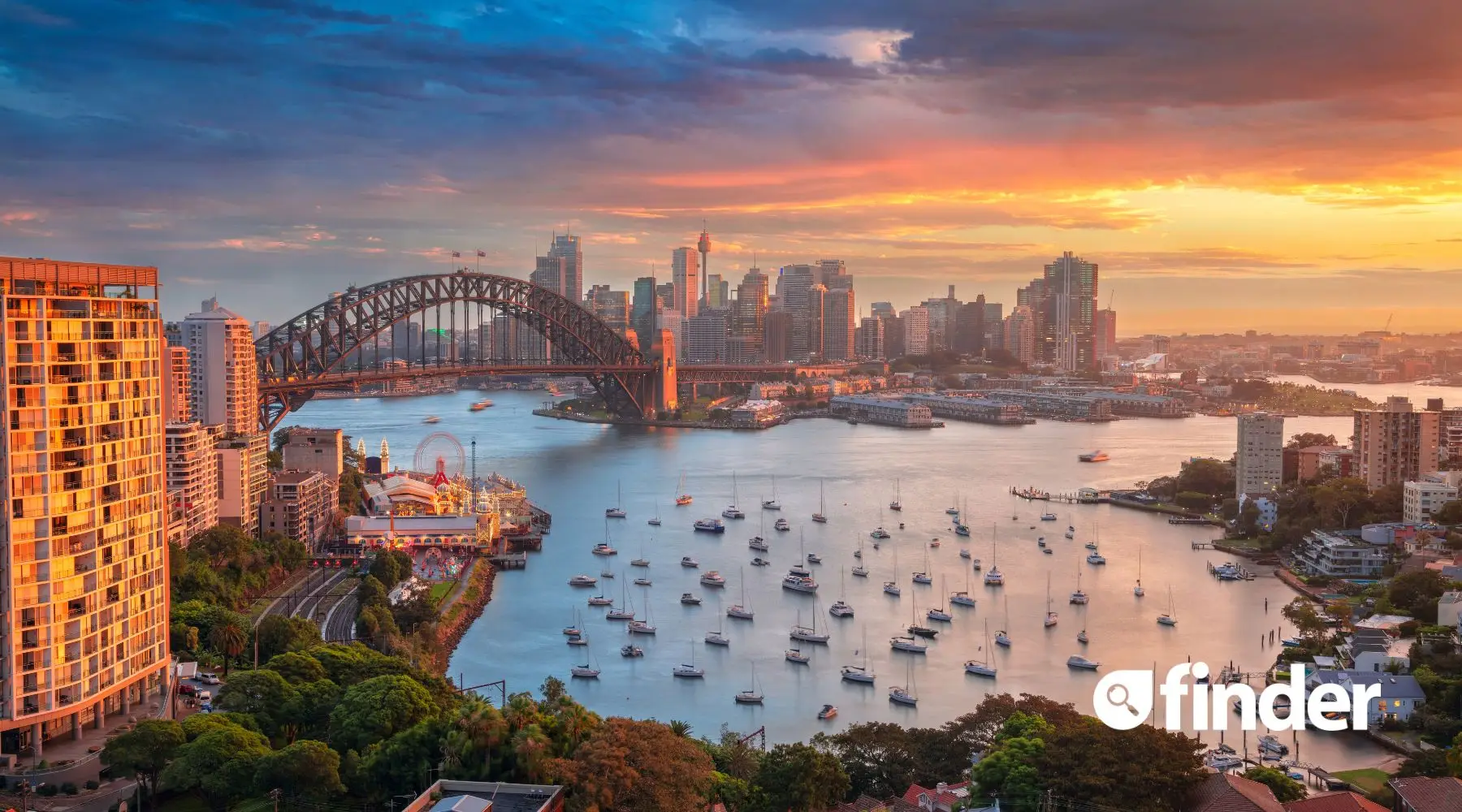
Get the inside scoop on what you need to know when you migrate to the land down under.
Sponsored by 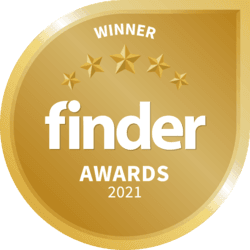
 HSBC. Convert currencies online anytime, anywhere with the HSBC Everyday Global Account. Proud winners of the Finder Award Best Transaction Account 2021.
HSBC. Convert currencies online anytime, anywhere with the HSBC Everyday Global Account. Proud winners of the Finder Award Best Transaction Account 2021.
When you move to Australia, there are quite a few resources to help you get set up in your new life.
Services Australia provides a range of information for both before and after you arrive, and local councils often provide new migrants with information and have groups to help people get settled.
But there are always things that can get missed – so we've spoken to 4 people who've moved to Australia to share their tips about what they wish they'd known when they first arrived in Australia.
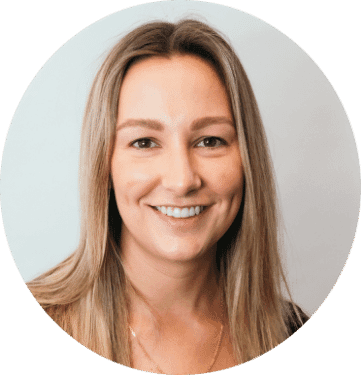 Alanna – "Make sure you've got the right accounts for the right purpose."
Alanna – "Make sure you've got the right accounts for the right purpose."
When she arrived from Canada on a working holiday, it didn't take long for Finder's own Alanna to get to grips with the intricacies of the Australian banking system.
"Setting up an initial account wasn't difficult," Alanna says. "Then it became more of a case of finding an account that offered the right combination of features – everyday use, ability to travel fee-free, a decent mobile app and so on."
Alanna points to the HSBC Everyday Global Account as an account that's been useful for offsetting everyday expenses.
"You can earn 2% cashback on eligible tap and pay purchases under $100 – up to a total of $50 a month, which is very handy given the recent rise in the cost of living," she says.
Alanna has also used it as a travel card, too.
"The good part about the ability to hold multiple currencies is that you can transfer money before you go," she says. "So when the Australian dollar is strong against a particular currency, I transfer money into that account, and then when I go, I just spend in local currency. That way, I'm not getting hit with a potentially higher exchange rate, or being forced to spend in AUD and charged for the conversion."
 Alexi – "Your tax file number is your gateway to getting set up."
Alexi – "Your tax file number is your gateway to getting set up."
Working as a journalist gave Alexi an investigative edge when he was looking at the best ways to set himself up for success in Australia.
"If I had one piece of advice, it would be to apply for your tax file number as soon as you can," Alexi says. "It's an easy process, you can do it before you leave your home country and you can get it sorted online these days."
Once you've got your tax file number, he says, everything becomes exponentially easier – getting set up with a bank account, providing information to your employer and setting up a superannuation fund.
"It just avoids confusion in the long run," he says. "If you've got it in place it avoids all sorts of potential issues with tax rates."
Having had friends and family previously move to Australia too, he was also able to take steps to avoid some of the pitfalls they'd encountered when liaising with government services.
"It's also worth setting up a myGov account as soon as you can too," he says. "It's such a central resource for accessing services once you're here – so even if you don't need to use it for a while, you'll save yourself time by having it ready to go."
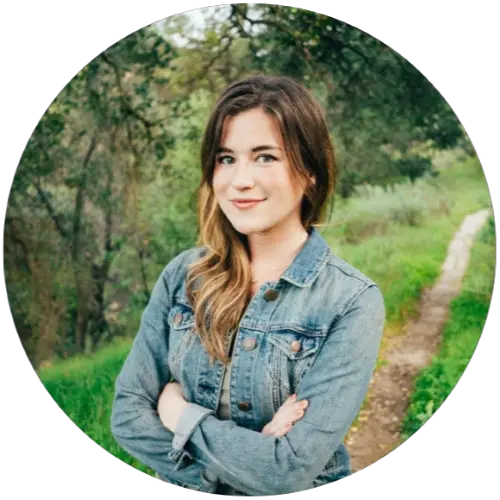 Maddy – "Organise housing in advance if you can."
Maddy – "Organise housing in advance if you can."
Maddy arrived in Sydney in early 2019, suitcase in hand and with a job lined up already.
As a first-time visitor to Australia, it could still have been a bumpy start – but for the most part, she recalls the process of getting set up as running pretty smoothly.
"From a logistics standpoint, it was much easier than some of the other countries I've lived in," Maddy says. "Applying for a tax file number was super-straightforward and setting up a bank account was easy once I had that. Everything kind of flowed on from there."
But if she was to do it all again, she'd probably rethink her approach to housing.
"Initially I was bouncing around a lot of homestays," she says. "I ran across a lot of interesting characters that way – it's given me lots of good stories, but in hindsight I'd probably go for something more conventional and long term."
Maddy recommends getting in touch with real estate agents before leaving your home country, and also drawing on resources like Flatmates.com.au.
"If you're willing to do a bit of digging and legwork in advance, you can find a good balance of places," she says. "There are still places that aren't too long term while still providing stability, and also won't be a massive commute."
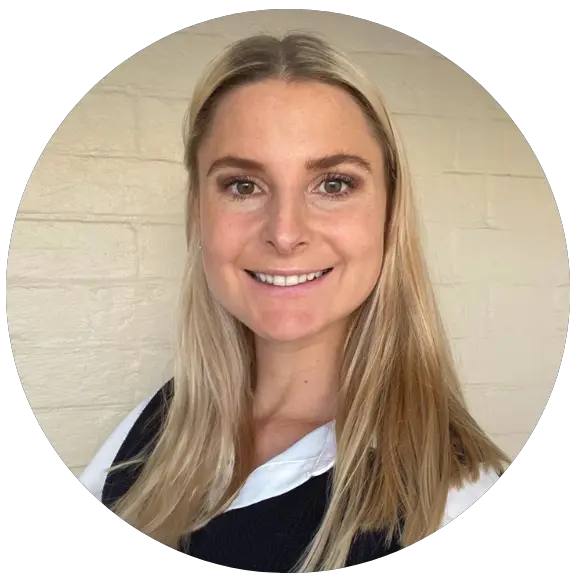 Julia – "Get your healthcare sorted ASAP."
Julia – "Get your healthcare sorted ASAP."
When Julia arrived with her family from South Africa, they were ready to start new lives in a brand-new country.
But first, there was some admin to do. And although things like tax file numbers and bank accounts were relatively smooth, healthcare rapidly proved itself to be a bit more complex.
If you're from a country that doesn't have a reciprocal agreement with Australia – like South Africa – it's definitely worth having private health insurance, Julia says.
In fact, many visas – Julia's included – require it before you can enter the country.
"Australian healthcare can be a bit confusing from the outside," Julia says. "You've got a mix of public and private sectors at play. Medical bills can be wild if you don't have the right coverage."
Things shifted again once Julia's family applied for permanent residency, too. With a bridging visa, they were now eligible for Medicare cover.
"Make sure you enrol for Medicare as soon as you're eligible," she says. "Even though it doesn't cover everything, you can save significantly on your insurance costs. It can also make day-to-day things like doctor visits much easier."
Learn more about the HSBC Everyday Global Account
- Apple Pay, Google Pay
- Monthly fees: $0
- No international transaction fees
- Up to 10 currencies
